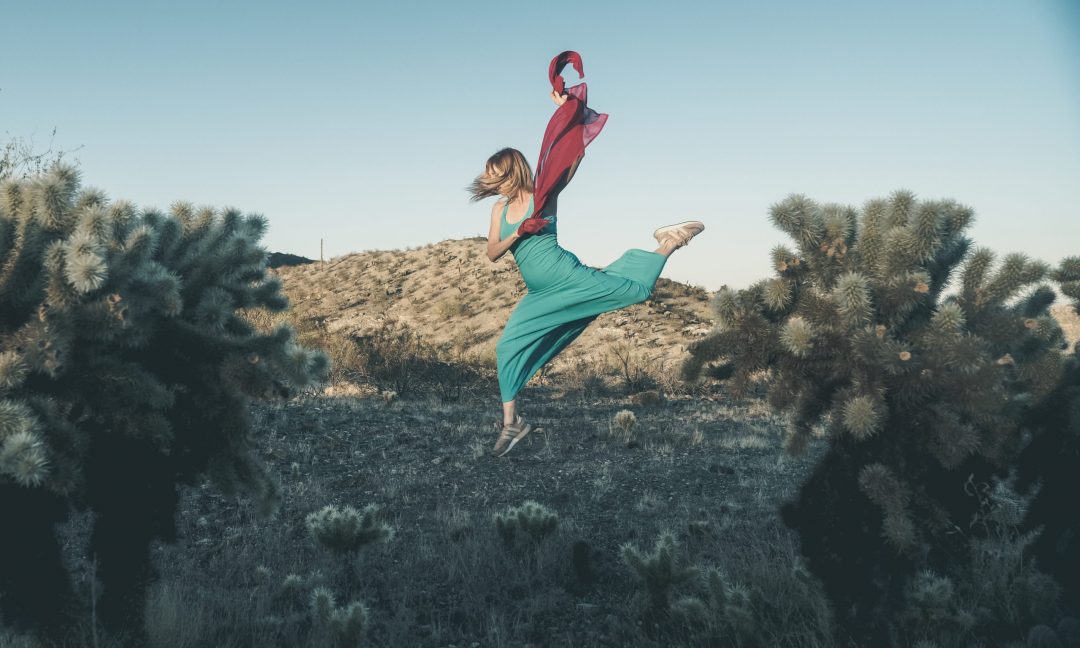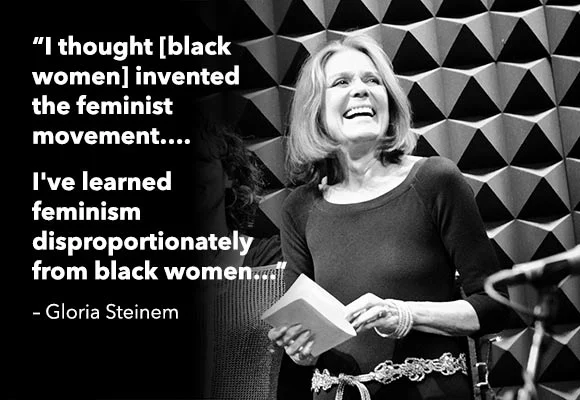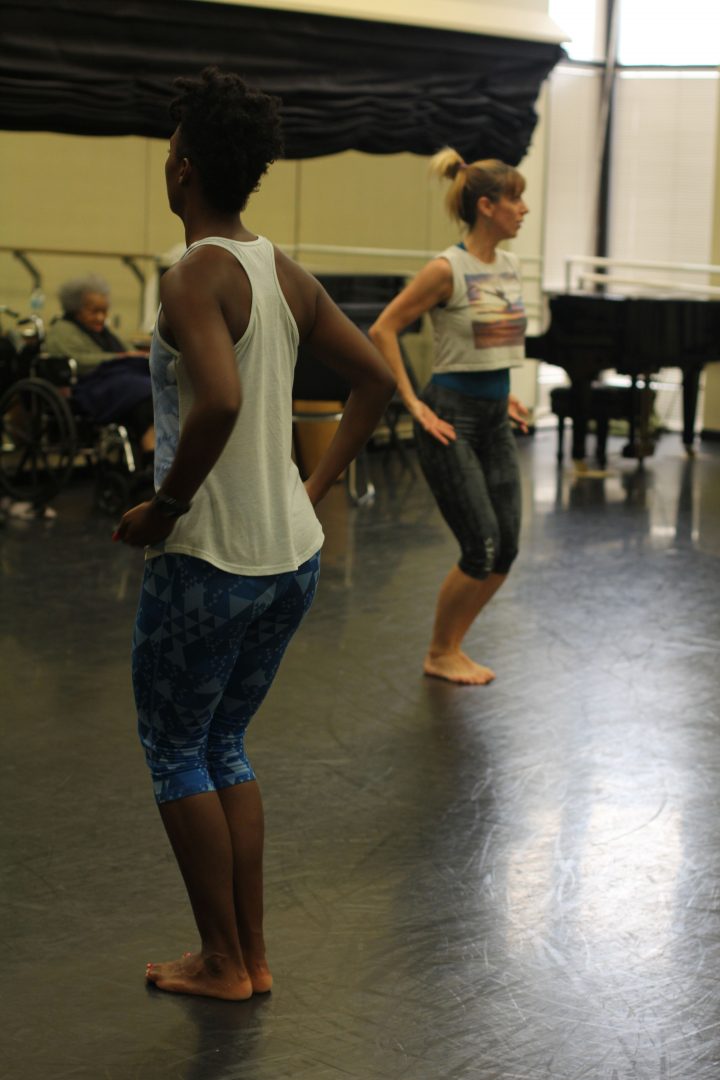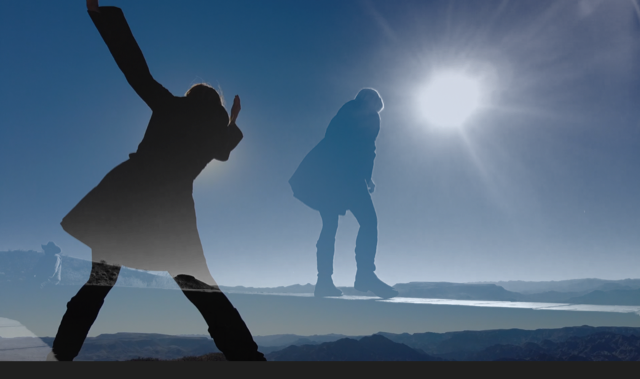“Cultural worker has a moral positioning embedded into it, as well as an inherent accountability. To call oneself a cultural worker, as opposed to a creative, is to essentially say that your labor, or at least a particular fraction of it, occurs with the intention to uphold a certain culture. It proposes that your labor as an artist, your work in art and literature, is accountable to the idea of culture.“
— Devyn Springer
Listen to Sukie’s podcast episode on culturally relevant and brain-based pedagogy with Dance Education Canada
Native Land Acknowledgment
I live within the city boundaries of Phoenix, Arizona, located upon the ancestral lands of the Akimel O’odham Nation and the Hohokam people before them. The central Arizona region also includes the Fort McDowell Yavapai, Salt River Pima-Maricopa, Ak-Chin, and Gila River Indian Communities. I express gratitude for their stewardship and I honor their leadership in social movements throughout our history.

Small Acts of Reciprocity
I locate myself as a guest in many of the cultural forms that I practice. In acknowledging my positionality, I am also acknowledging my intersecting social locations and the complex power dynamics that determine my access to resources, institutions, and more. In all cultural work that I do, I use my connections and privilege as a white, cisgender, middle-class woman to speak up about injustice and advocate for equity, diversity, and inclusion. I intentionally lift up marginalized communities and promote accurate accounts of history that center on the contributions of Black, Indigenous, and People of Color, women, LGBTQ+, and differently-abled communities both visible and invisible. I strive to stand on the side of love and liberation, in opposition to all culturally-based violence and bodily terrorism. I am learning to leverage what I love to do, what benefits society, and what I am good at to raise the vibration, lead, connect, teach, organize, write, and act.
It may be that when we no longer know what to do
-Wendell Berry
we have come to our real work,
and that when we no longer know which way to go
we have come to our real journey.
The mind that is not baffled is not employed.
The impeded stream is the one that sings.
Project Scribe

In the film The Glorias, Steinem is witnessed at the National Women’s Conference in 1977, acting as a scribe for focus groups centered on the interests of BIPOC women’s communities. Through Project Scribe, I aim to become a better co-conspirator, working in reciprocal relationships with BIPOC colleagues. The benefits I have gained through the work of Black women is immense. Voices in the field of dance and social justice like those of Sydnie Lee Mosely (SLMDances), S. Ama Wray (Embodiology), Dr. Albirda Rose (professor emeritus SFSU, IDTC), Shamell Bell (Street Dance Activism), Jawole Willa Jo Zollar (Urban Bushwomen), Tricia Hershey (Nap Ministries), Sonya Renee Taylor (The Body Is Not An Apology), and bell hooks (books including All About Love) have helped me immeasurably to restore my relationship with myself.
(Please see blog my series of posts beginning with: America’s Hidden Figures Deserve the Light of Day.)
I will be building capacity for @SukieDance with the goal of expanding my work of allyship with Black and BIPOC Women in the field of Dance Education through action, affirmation, and amplification. The first act of reciprocity in which I would like to engage is to help provide travel scholarships for international students planning to attend the Dunham Technique Certification Workshop each July. This will also be made possible through the Black and female majority-led non-profit organization that I serve as a board member, The Institute for Dunham Technique Organization.
Support For This Work
- Thank you Alicia-Lynn Nascimento Castro for crucial conversations and critical realness.
- Thank you Claudine and Marcel Dulaney at Laveen Dance and Karate (South Phoenix, AZ) for allowing me the space to teach dance to youth and adults.
- Thank you Sean Gregory Lusk, my partner and owner of Loans By Lusk (AZ, CA, NV, CO, FL, MI) for bringing me onto your marketing team.
My Story: In Service of Arizona Youth
Serving as an educator since 1998, I have seen first-hand how we are serving students in a variety of settings, including our public schools. Years of discriminatory housing and misguided educational policies in Arizona’s legislature have led to an unprecedented level of segregation in my adopted home state. I taught in Tucson for two major school districts before moving to Phoenix to lead the BA Dance Education degree program at Grand Canyon University. Where my students would be observing mentor teachers’ classrooms, Joseph Flaherty of the Phoenix New Times reported that: “Nearly two-thirds of public school students of color attend an extremely segregated school, where 90 percent of students or more are nonwhite.” Because the majority of racially isolated students in Phoenix are Latinx, the effects of disproportionate poverty among the Latinx community combined with undocumented legal status for many families create stress that is difficult to surmount. School district budget woes, stagnant teacher salaries, and an acute teacher shortage exacerbate our already maligned system. For teacher candidates who are reflecting on how they’ll approach the youth in their classrooms, circumstances may seem dire. I remind them that no matter what, they have the power to change lives.
The classroom, with all its limitations, remains a location of possibility. In that field of possibility we have the opportunity to labor for freedom, to demand of ourselves and our comrades, an openness of mind and heart that allows us to face reality even as we collectively imagine ways to move beyond boundaries, to transgress. This is education as the practice of freedom.
— bell hooks, Teaching to Transgress
Efforts Toward Equity and Inclusion in Dance Education
At Grand Canyon University (GCU), I owned the responsibility to lead a department until December of 2020. This allowed me to accomplish several goals toward my vision of an inclusive learning community where students of diverse backgrounds and viewpoints could thrive together.
- Recruitment of new students was conducted with a pledge to admit at least 25% of our students who had been participants in Arizona’s public school dance programs.
- In the BA Dance Education program, I placed jazz dance alongside modern and ballet, and also required a year of studies in urban/hip-hop and tap.
- As director of our performance ensemble, which was accessible through auditions open to dance majors, dance education majors, and dance minors, I invited a diverse roster of acclaimed guest artists to lead student residencies and stage choreography each season (2010 – 2020). A majority of these artists were BIPOC and represented a great range of styles, perspectives, and approaches.
- In my introductory course for pre-service dance educators, Foundations of Dance for the Diverse Learner, I used a decolonizing, humanist, and constructivist lens that introduced students to dance education through social sciences. Concepts of stigma, implicit bias, intersectionality, positionality, and social construction, helped provide context for the materials we explored.
- Becoming Faculty Advisor for the DREAM Club was in fact, a dream. This social club centering Black Women’s Collegiate traditions at HBCUs. The founding president and vice president were Courtney Clarke and Lyric Branch.
“Sukie was the Dance Director at a Christian University which over 10 years consistently censored her voice as an artist and an academic as well as those of adjunct dance faculty, and of international guest artists. Using the rationale it did not reflect “a Christian world view” her stand ultimately cost her that job last year for supporting the right of a faculty member to present their work honoring Black Lives Matter, and the students right to perform it. Sukie is certified in the work of dance pioneer Katherine Dunham and is a specialist in Jazz and other dance forms of the African Diaspora. She has demonstrated a life-long commitment to social justice, equity and truth in teaching American History through her work as a dance artist and educator, and in her personal and political life.”
– Janaea Rose Lynn MacAlee
As Pedagogy Chair of the Institute for Dunham Technique Certification (IDTC), I serve on the board of a Black-led national non-profit dance organization. I became a student (2000), then a candidate (2010), and then a certified instructor (2013) in Dunham Technique. Now I serve as Pedagogy Chair, which is part of the Curriculum Committee (with subcommittees in History/Theory, Technique, and Pedagogy). Our organization’s goal is to sustain Katherine Dunham’s legacy by empowering dance artists to follow the path of this African-American artist-scholar and lead them toward holistic competencies demanded within a Dunham Technique instructor. I am part of a small fleet known as the “worker bees” with whom I contribute five hours a week on average. I participate in a range of activities, including conference planning, curriculum revision, candidate recruitment, archival, grant writing, as well as instruction of public and candidate classes.
“After many efforts to arrive at some conclusive decision when thinking of dance, I have decided upon this, that dance is not a technique but a social act and that dance should return to where it first came from, which is the heart and soul of man, and man’s social living.”
– Katherine Dunham
I served on the board of the Arizona Dance Education Organization for 8 years. In my roles as president and more, I advocated for bridging gaps that exist in dance education, focusing on dance and diversity, leadership development, and the presence of dance in elementary schools.
- In 2015, I helped establish Dance At The Core, a K-8 grade initiative presented to local Title I public schools, in which we “planted” a year-long creative dance program that ran for a 3-year cycle, after which time, the school could sustain it on its own. This program continues today, after a year off during the pandemic.
- I led a workshop for K-12 dance educators entitled Building Social and Cultural Competencies through Dance in 2018 at AzDEO’s Annual Pink Tutu Flu.
- In the summer of 2020, I helped facilitate Addressing Inequality in Dance Education, a session at AzDEO’s annual Dance Educator’s Retreat, with a focus on Anti-Blackness. The speakers, including Tiffany Jones-White and DeVonne Gonzalez. As facilitator, I introduced the session and posed questions from the chat.

Listen to my Podcast
Cultural Worker Services:
- Diversity Strategy and Consulting
- Curriculum Writing
- Movement-Based Artivism
- Note-Taking
- Grant Writing
- Public Speaking
- Project Design
- Community Organizing Support
